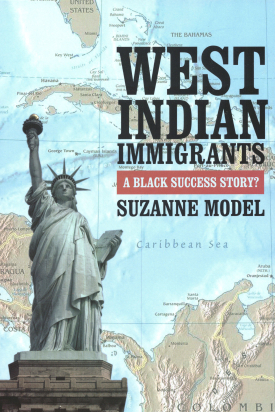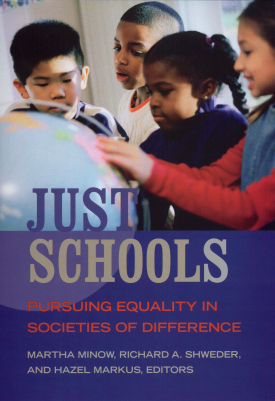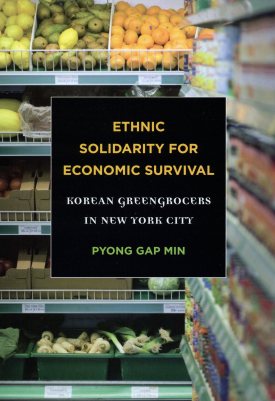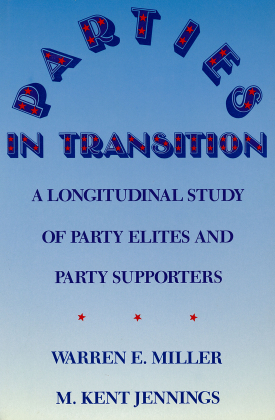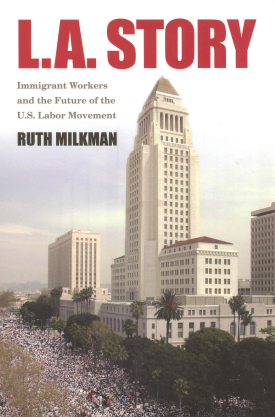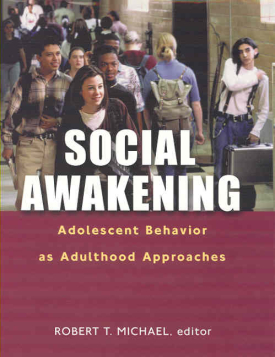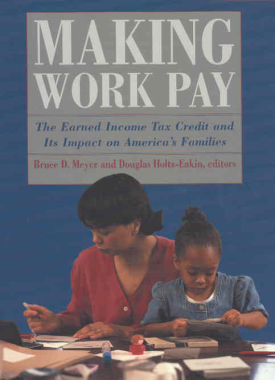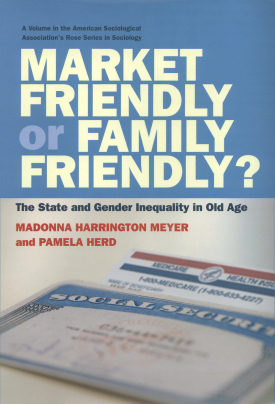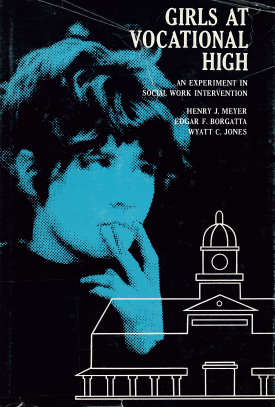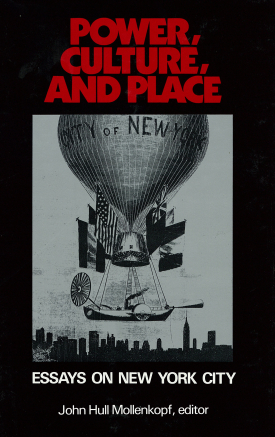
Power, Culture, and Place: Essays on New York City
About This Book
With a population and budget exceeding that of many nations, a central position in the world's cultural and corporate networks, and enormous concentrations off wealth and poverty, New York City intensifies interactions among social forces that elsewhere may be hidden or safely separated. The essays in Power, Culture, and Place represent the first comprehensive program of research on this city in a quarter century.
Focusing on three historical transformations—the mercantile, industrial, and postindustrial—several contributors explore economic growth and change and the social conflicts that accompanied them. Other papers suggest how popular culture, public space, and street life served as sources of order amidst conflict and disorder. Essays on politics and pluralism offer further reflections on how social tensions are harnessed in the framework of political participation. By examining the intersection of economics, culture, and politics in a shared spatial context, these multidisciplinary essays not only illuminate the City's fascinating and complex development, but also highlight the significance of a sense of "place" for social research.
It has been said that cities gave birth to the social sciences, exemplifying and propagating dramatic social changes and proving ideal laboratories for the study of social patterns and their evolution. As John Mollenkopf and his colleagues argue, New York City remains the quintessential case in point.
JOHN HULL MOLLENKOPF is at The Graduate Center, City University of New York.
CONTRIBUTORS: Thomas Bender, James Beshers, Amy Bridges Peter G. Buckley, Norman Fainstein, Ira Katznelson, William Kornblum, Diane Lindstrom, John Hull Mollenkopf, Martin Shefter, William R. Taylor, Emanuel Tobier.

